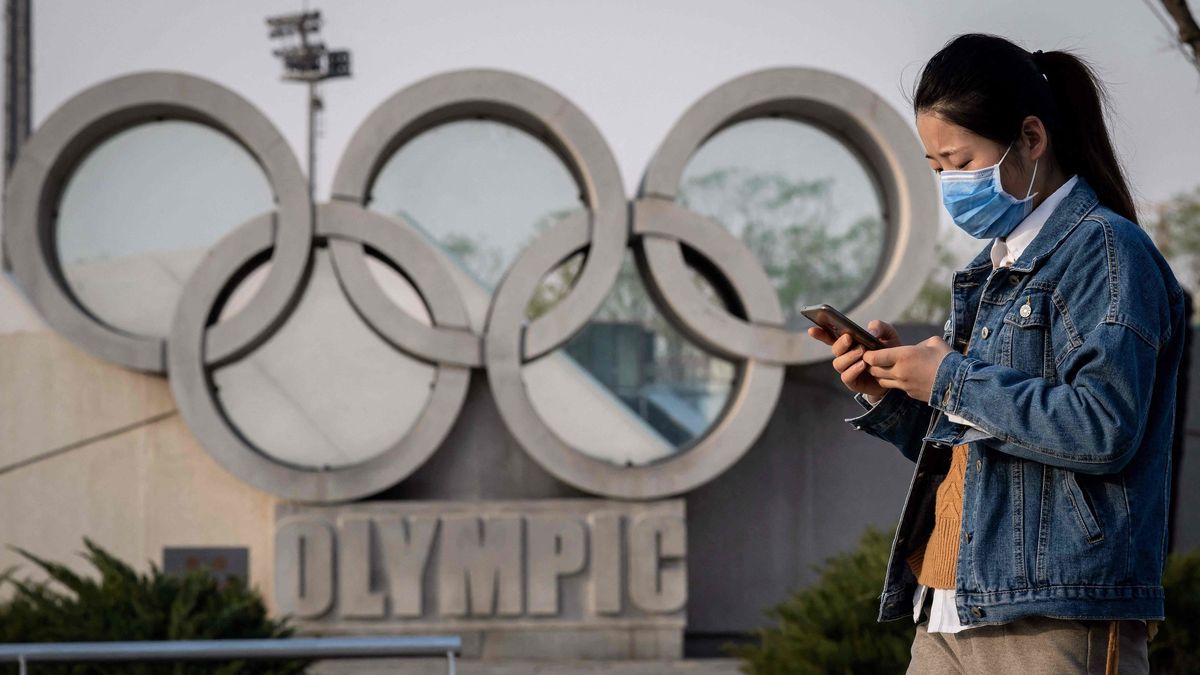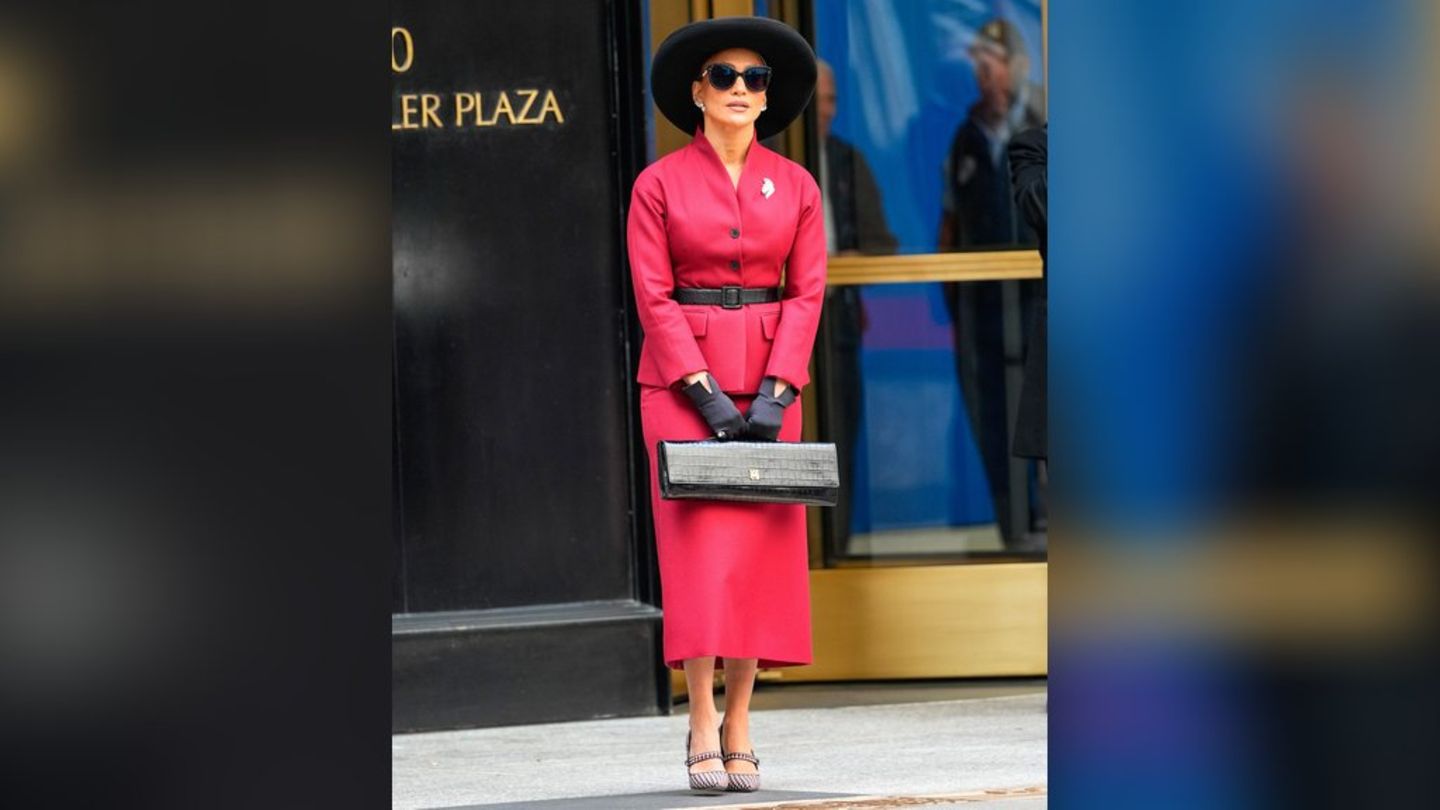There was no sign of dissent in China, but the torch-lighting ceremony in Greece was interrupted by a small group of activists displaying a Tibetan flag and a banner with the phrase “no to genocide.”
Organizers have not said how they will mark 100 days and any holiday could be small, as national authorities seek to eradicate a small outbreak of Covid-19 as part of their zero tolerance policy for the virus. On Tuesday, authorities even imposed a lockdown on a city of four million people, Lanzhou, in the northwestern region of the country.
Previously, Beijing announced the suspension of its annual marathon next Sunday, after 39 new local infections of the coronavirus were detected on Monday.
The Chinese territory, where the virus was first detected at the end of 2019, has reduced infections to almost nothing with massive tests, aggressive closures and strict border control.
The 2022 Games will be held in a closed bubble to avoid contagion.
The 2,900 participating athletes must be fully vaccinated or have to undergo a 21-day quarantine upon arrival in the Chinese capital.
Unlike the Tokyo Games, held months ago with a year delay due to the pandemic, in Beijing there will be spectators but only local residents will be able to buy tickets.
Meanwhile, NBA player Enes Kanter called Chinese President Xi Jinping a “brutal dictator” and condemned China’s policies in Tibet, highlighting how sports stars use their prestige to speak out on controversial issues.
The communist authorities have lashed out at what they call the “politicization” of sport, and the International Olympic Committee (IOC) says it is not their place to “go to a country and tell it what to do.”
But the International Campaign for Tibet said the Chinese response to Kanter’s intervention shows that “the country was the wrong choice” to host the Games.
The Washington-based group called on world rulers to conduct a diplomatic boycott of the country.
China’s repression in the former British colony of Hong Kong and its treatment of the Uighur minority in the Xinjiang region are also under scrutiny.
Human rights groups say a million Uighurs and other minorities in Xinjiang have been detained in camps in recent years. Washington has called “genocide” the Chinese treatment of Uighurs, mostly Muslim.
China, which initially denied the existence of camps in Xinjiang, defends them as vocational training centers aimed at reducing Islamic extremism.
The Winter Games are seen as part of an effort by the Chinese authorities to get a quarter of its population, some 300 million people, interested in winter sports.
“Through the unique formats and methods, we hope that people around the world will experience China’s vibrant sports culture and appreciate each person’s enthusiasm for participating in and supporting the Olympics,” said Wang Xiangyu, a 2022 jousts authority.
The Games, which will take place from February 4 to 20, 2022, will use some of the venues for the 2008 Games, such as the “Bird’s Nest” national stadium, which will have the opening and closing ceremonies.
David William is a talented author who has made a name for himself in the world of writing. He is a professional author who writes on a wide range of topics, from general interest to opinion news. David is currently working as a writer at 24 hours worlds where he brings his unique perspective and in-depth research to his articles, making them both informative and engaging.




